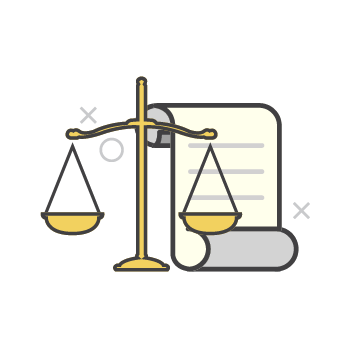How to Cope with Alopecia
by Karen Rollins Apr 29, 2024

Alopecia areata is a condition where the sufferer loses most, or all, of their body hair.
It can affect children and adults and people who are living with it are usually also impacted by low self-esteem and confidence issues, because the condition has a drastic impact on their appearance.
Once you have alopecia there is not much you can do about the condition itself because there is no ‘cure’ but there are ways to cope.
Yello has been finding out more about this illness which is rarely discussed.
What is Alopecia?
Alopecia areata is an autoimmune condition, where the body’s immune system decides that hair follicles are bad and attacks them, which causes the sufferers hair to fall out.
The medical profession does not know exactly what triggers the immune system to attack the hair in this way, but sometimes it can follow a viral or bacterial infection or an intense period of stress.
Alopecia appears most commonly in people under the age of 20, but children and adults of any age may be affected. Men and women are affected equally.
How does it impact the body?
Alopecia areata affects each person differently.
In some it causes bald patches to appear that may then get bigger. These bald patches can stay for months and then go away or get worse and never improve at all.
Some people lose all of their hair, including their eyelashes and eyebrows, while others may only have hair loss on their head.
Alopecia areata is not physically painful and does not result in any other serious health problems.
Will the hair grow back?
According to experts if you suffer from alopecia it is possible that your hair will grow back at some stage because the hair follicles have not been destroyed, just ‘switched off’ by your immune system.
How do I cope with alopecia?
Most people with alopecia choose to wear wigs or hair pieces to cover up the hair loss but others decide to shave their heads completely.
Children and some adults can be treated with topical corticosteroids which are applied to the affected skin. Some people also undergo steroid injections into the scalp or skin every four to six weeks to try to stimulate the hair follicles.
If your hair loss is making you feel unattractive, it is advisable to see a counsellor, or your GP, who can listen to your concerns.
Alopecia sufferers can also benefit from joining forums and support groups where people who are going through the same issues can offer advice and encouragement.








